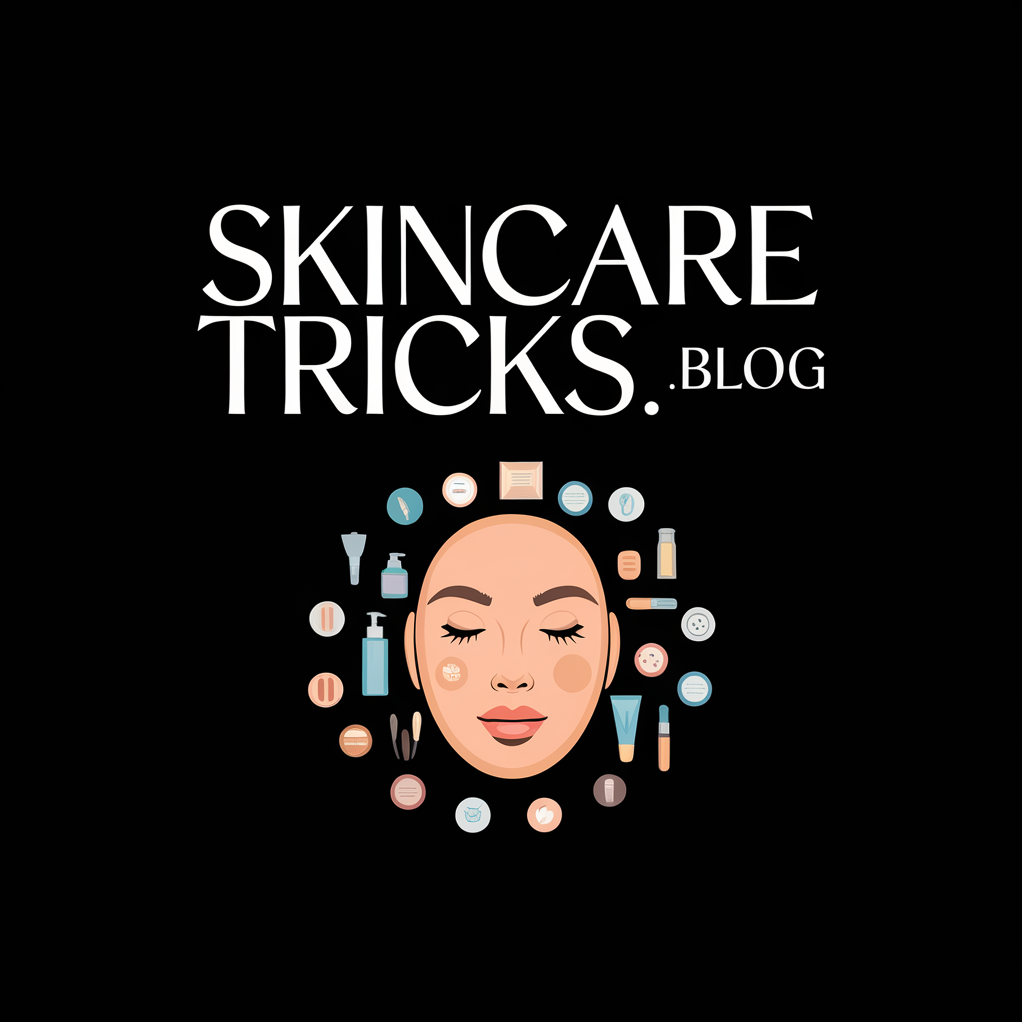The Dark Spot Mistake Most People Don’t Know They’re Making
Have you ever considered that the biggest threat to your skin’s appearance might be lurking in your daily routine? Many people overlook the critical role of sun protection in managing dark spots, mistakenly believing sunscreen is only necessary on bright, sunny days. This oversight can exacerbate existing pigmentation and stunt your skin’s healing process. Understanding the subtle yet significant impact of UV exposure is essential; otherwise, your efforts might be in vain.
Understanding Dark Spots and Their Causes
Although dark spots can appear innocuously on the skin, they often signal underlying issues related to sun exposure, aging, or hormonal fluctuations.
Ignoring these signals is a common dark spot skincare mistake. You may underestimate the importance of targeted treatments and preventive measures, allowing these spots to worsen over time.
Understanding their causes is crucial in tailoring an effective skincare routine that minimizes their appearance. Daily sunscreen usage plays a vital role in preventing further dark spots from forming.
Common Skincare Routines That Contribute to Dark Spots
Ignoring certain skincare routines can significantly contribute to the development of dark spots on your skin.
Over-exfoliating can strip away the protective barrier, leading to increased pigmentation.
Additionally, neglecting to moisturize can cause dryness, which may aggravate discoloration.
Finally, inconsistent use of active ingredients like retinoids or vitamin C hampers your skin’s healing process, promoting the appearance of dark spots over time. Daily application of sunscreen is essential in preventing the darkening of existing spots and formation of new ones.
The Role of Sun Protection in Preventing Dark Spots
Sun protection plays a critical role in preventing the formation of dark spots on your skin, as ultraviolet (UV) rays can trigger melanin production and promote hyperpigmentation.
By using a broad-spectrum sunscreen with at least SPF 30 daily, you significantly reduce your risk of dark spots.
Consistent application, even on cloudy days, is essential for maintaining an even skin tone and overall skin health. Furthermore, sunscreen creates a protective barrier on the skin that absorbs or reflects harmful UV rays.
Key Ingredients to Look for in Skincare Products
When selecting skincare products to combat dark spots, it’s vital to prioritize key ingredients that have proven efficacy in brightening the skin and inhibiting melanin production.
Look for candidates like vitamin C, which neutralizes free radicals and promotes collagen synthesis, as well as niacinamide for its anti-inflammatory properties.
Alpha arbutin and kojic acid are also excellent for reducing pigmentation and enhancing overall skin tone. Additionally, incorporating gentle exfoliation into your routine can further help in fading dark spots and improving skin texture.
Lifestyle Changes That Can Improve Skin Tone
In addition to selecting the right skincare ingredients, adopting certain lifestyle changes can significantly enhance your skin tone and overall complexion.
Staying hydrated helps maintain skin elasticity, while a balanced diet rich in antioxidants combats oxidative stress.
Regular exercise boosts circulation, delivering nutrients and oxygen to skin cells.
Furthermore, adequate sleep aids in cell regeneration, promoting a fresher, more vibrant appearance.
Incorporating antioxidant-rich foods into your diet can further support youthful radiance and improve your skin’s overall appearance.
Effective Treatments for Existing Dark Spots
Dark spots can be a frustrating skin concern for many individuals, but effective treatments are available to help reduce their appearance.
Over-the-counter products containing ingredients like hydroquinone, kojic acid, or vitamin C can lighten spots. Additionally, daily sunscreen use is crucial to prevent further skin damage and dark spots. For more severe cases, dermatological procedures like chemical peels, laser therapy, or microdermabrasion offer targeted solutions while promoting overall skin health and rejuvenation.

